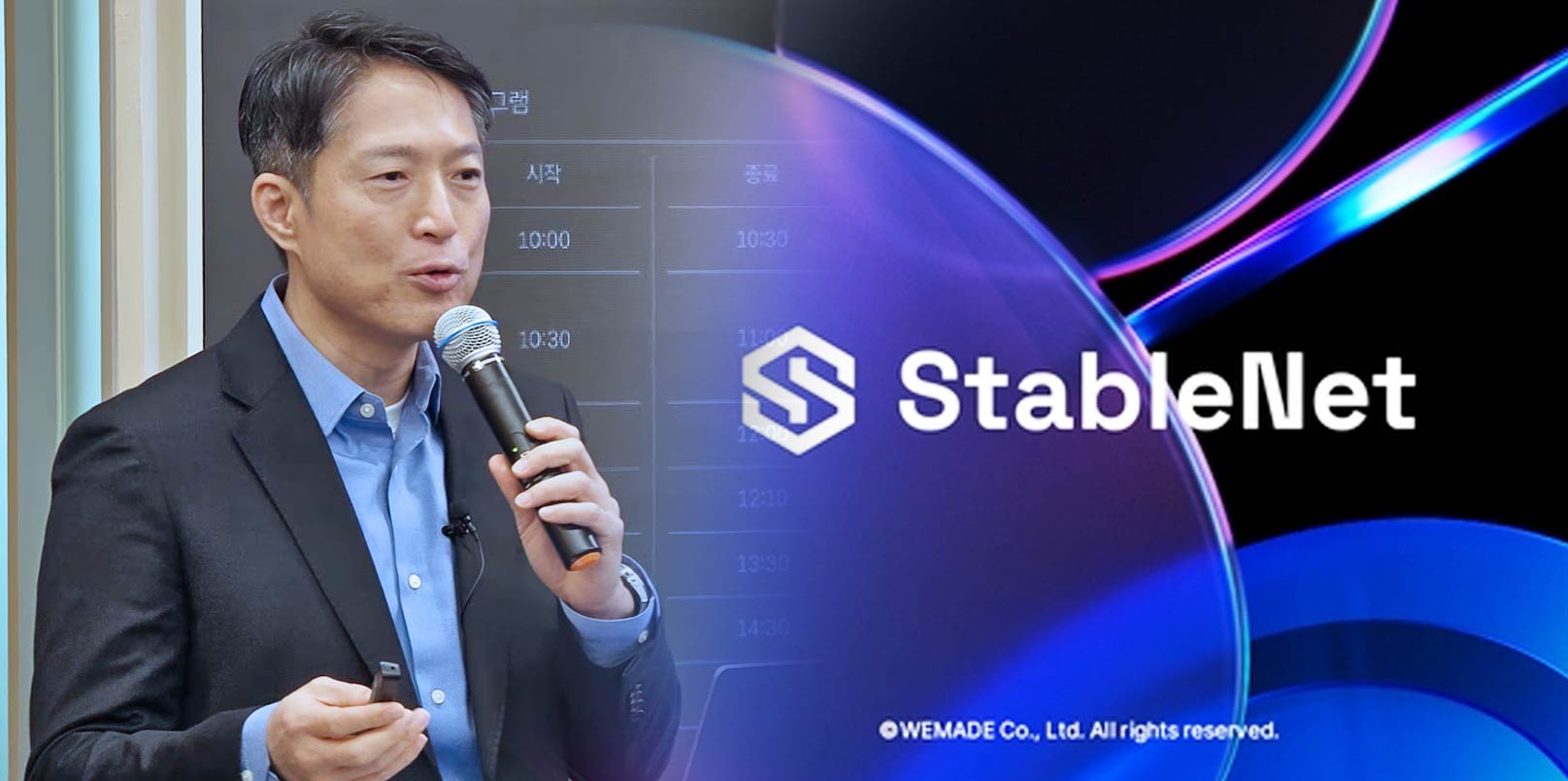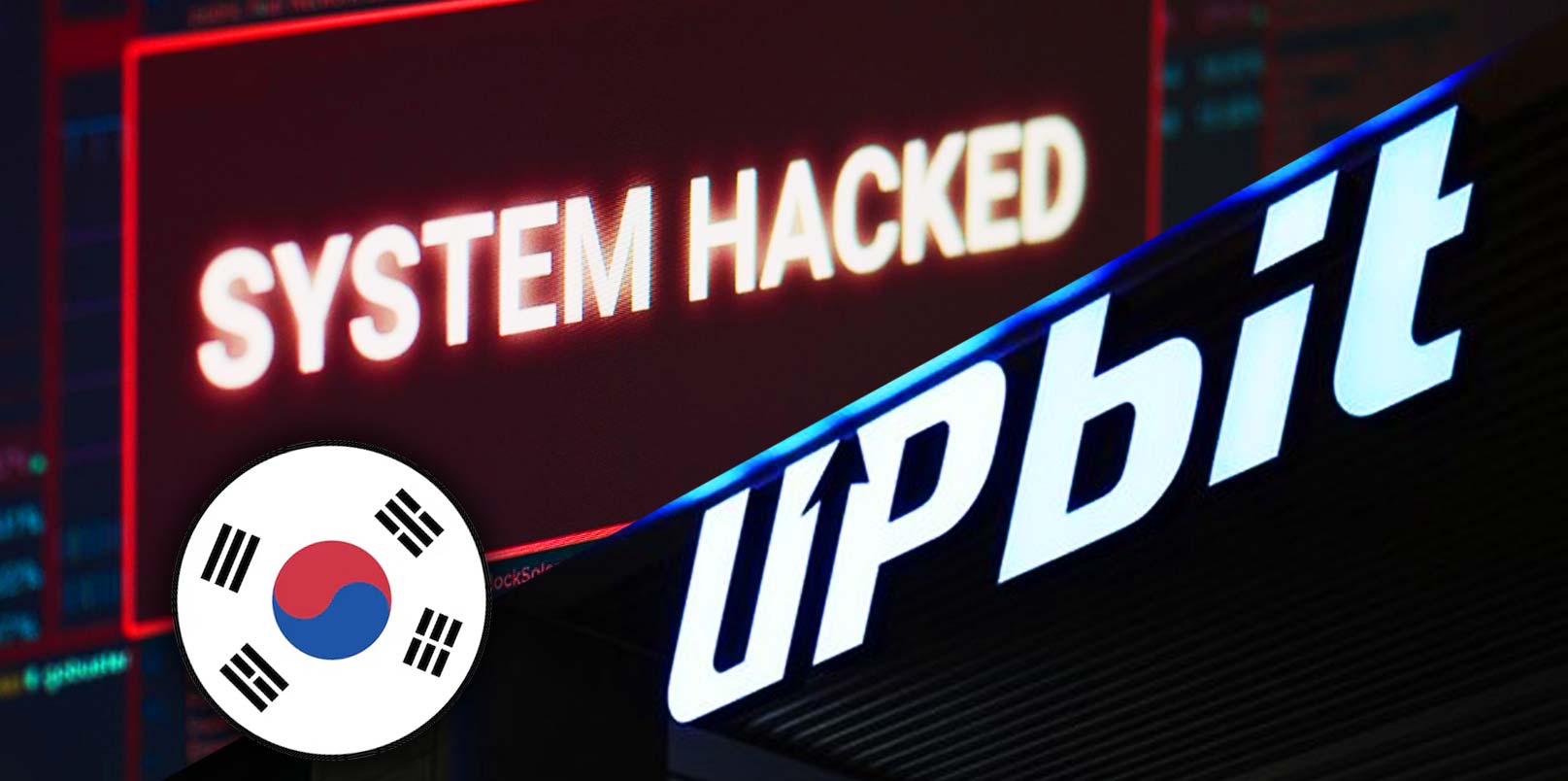Video Content is dominating the world of the web and the percentage of internet traffic for live streaming of videos is also growing enormously. This means that a need will arise for affordable and efficient broadcast technology to streamline live videos and have balanced internet video content providers. Korean startup RemoteMonster is a WebRTC (Web Real-Time Communication) based broadcasting communications company, that wants to bring about a new broadcasting communication revolution.
Live streaming made easier
RemoteMonster is the only WebRTC-based broadcast specialising company in Korea. The main business of the platform is to provide development SDK and server for various mobile platforms to develop services with WebRTC. It is basically into video broadcasting communication PaaS business. The main people behind the startup launched in 2016 are engineers from SK Telecom and other engineering experts from various telecommunication companies.
Talking about the WebRTC technology used by RemoteMonster, the company’s representative has said in a media statement, “Broadcasters have been using old technologies, which are limited in their response to trends in terms of speed and compatibility and are not suitable for mobile networks with short latency. So, the future of broadcasting technology will be a Web RTC because it is not exclusive, has a short latency, acceptance of the web standard environment and mobile network-friendly features.”
Cost effective, global network system
RemoteMonster has introduced the cutting-edge technology-based broadcasting project named CASTO. CASTO network is a decentralised media streaming network based on WebRTC and blockchain technology. All media streaming is relayed through a peer to peer (P2P) network without centralised CDN. It can be used for dAPP and traditional broadcast use cases because of price, performance and new generation architecture.
Each service provider intends to provide a stable live streaming infrastructure which can easily work out through CASTO. Each Service Provider can build its service using the CASTO SDK and pay the cost for using the CASTO infrastructure in a token form called CST. Payment is made to each individual node provider that runs the CASTO stream relay in P2P, and the service provider pays for the live stream relayed by the node providers. This makes it an affordable technology for service providers competing against web video streaming giants like Google, YouTube, etc. CASTO is a cost-effective technology that can provide a complete broadcast experience on the web and also is a model network for global reach.





